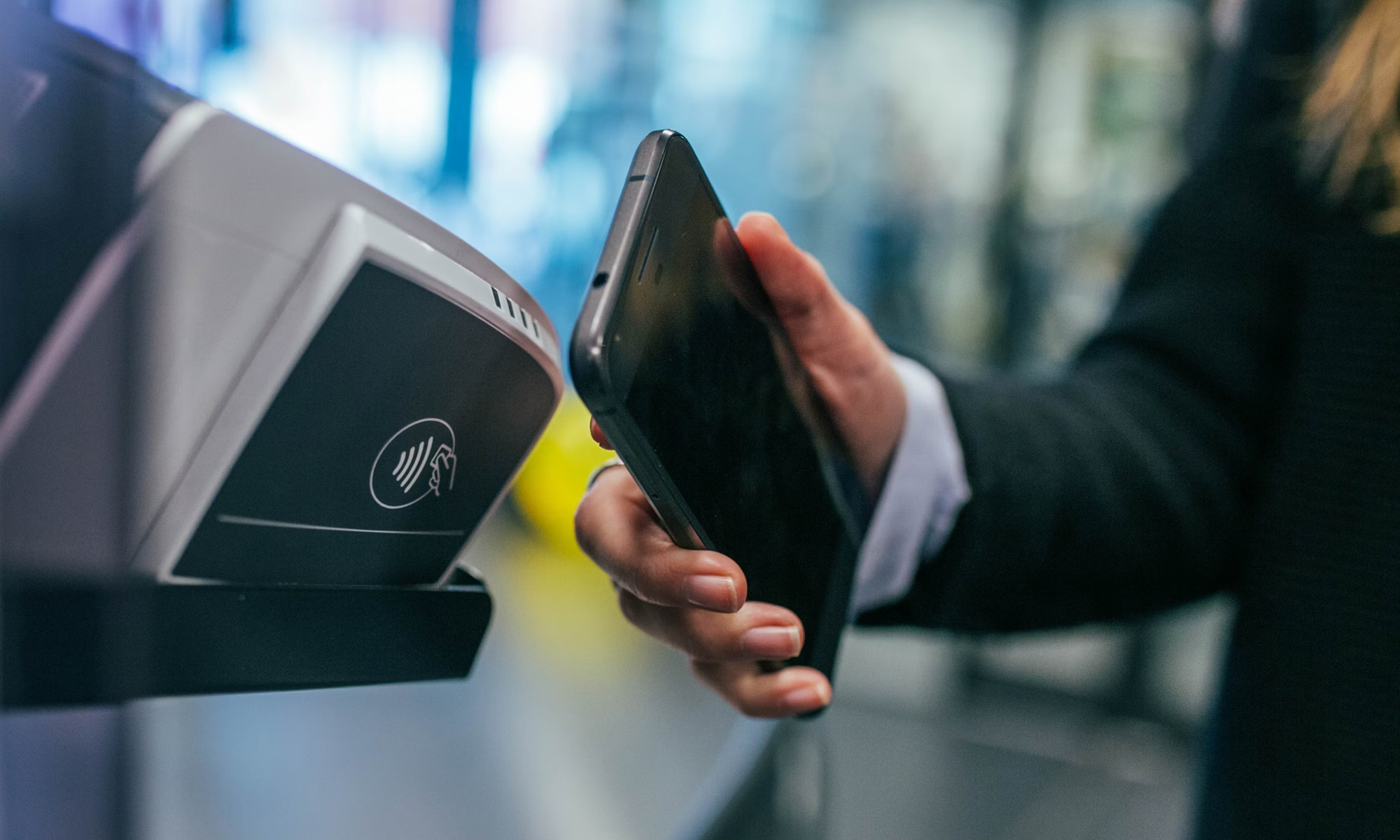News
Saudi Arabia Aims For 70% Cashless Transactions By 2025
The number of fintech firms in the MENA region skyrocketed from just 10 in 2018 to a substantial 147 in 2022.

In the MENA region, fintech investments surged from $200 million in 2020 to around $704 million in 2023.
Saudi Arabia, driven by its ambitious Vision 2030 blueprint and a youthful population, has seen remarkable fintech growth. So much so that the Kingdom is now aiming for 70% of domestic payments to be digital by 2025, according to Philip Drury of CitiGroup.
Drury, speaking at the 3rd Saudi Capital Market Forum, noted the rise of operational fintech firms from 10 in 2018 to 147 in 2022 and emphasized the need for businesses to adapt swiftly to regulatory advancements, pointing to the 30 digital and 3 digital banking licenses issued as clear evidence of sector growth.
The CitiGroup executive also highlighted opportunities for expanded market reach and inclusivity, stressing collaboration between traditional banks and fintech for mutual success.
Also Read: A Guide To Digital Payment Methods In The Middle East
The Saudi Capital Market Forum, under Finance Minister Mohammed Al Jadaan’s patronage, focused on “Powering Growth” and hosted over 54 speakers and 69 sponsors.
Nayef Al Athel, from Saudi Tadawul Group Holding Company, highlighted the event’s commitment to promoting market diversification. The forum also saw the introduction of Single Stock Options contracts on the Saudi National Bank, further developing the Kingdom’s financial markets.
News
Rabbit Expands Hyperlocal Delivery Service In Saudi Arabia
The e-commerce startup is aiming to tap into the Kingdom’s underdeveloped e-grocery sector with a tech-first, locally rooted strategy.

Rabbit, an Egyptian-born hyperlocal e-commerce startup, is expanding into the Saudi Arabian market, setting its sights on delivering 20 million items across major cities by 2026.
The company, founded in 2021, is already operational in the Kingdom, with its regional headquarters now open in Riyadh and an established network of strategically located fulfillment centers — commonly known as “dark stores” — across the capital.
The timing is strategic: Saudi Arabia’s online grocery transactions currently sit at 1.3%, notably behind the UAE (5.3%) and the United States (4.8%). With the Kingdom’s food and grocery market estimated at $60 billion, even a modest increase in online adoption could create a multi-billion-dollar opportunity.
Rabbit also sees a clear alignment between its business goals and Saudi Arabia’s Vision 2030, which aims to boost retail sector innovation, support small and medium-sized enterprises, attract foreign investment, and develop a robust digital economy.
The company’s e-commerce model is based on speed and efficiency. Delivery of anything from groceries and snacks to cosmetics and household staples is promised in 20 minutes or less, facilitated by a tightly optimized logistics system — a crucial component in a sector where profit margins and delivery expectations are razor-thin.
Despite the challenges, Rabbit has already found its stride in Egypt. In just over three years, the app has been used by 1.4 million customers to deliver more than 40 million items. Revenue has surged, growing more than eightfold in the past two years alone.
Also Read: Top E-Commerce Websites In The Middle East In 2025
CEO and Co-Founder Ahmad Yousry commented: “We are delighted to announce Rabbit’s expansion into the Kingdom. We pride ourselves on being a hyperlocal company, bringing our bleeding-edge tech and experience to transform the grocery shopping experience for Saudi households, and delivering the best products – especially local favorites, in just 20 minutes”.
The company’s growth strategy avoids the pitfalls of over-reliance on aggressive discounting. Instead, Rabbit leans on operational efficiency, customer retention, and smart scaling. The approach is paying off, having already attracted major investment from the likes of Lorax Capital Partners, Global Ventures, Raed Ventures, and Beltone Venture Capital, alongside earlier investors such as Global Founders Capital, Goodwater Capital, and Hub71.




















